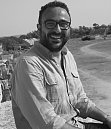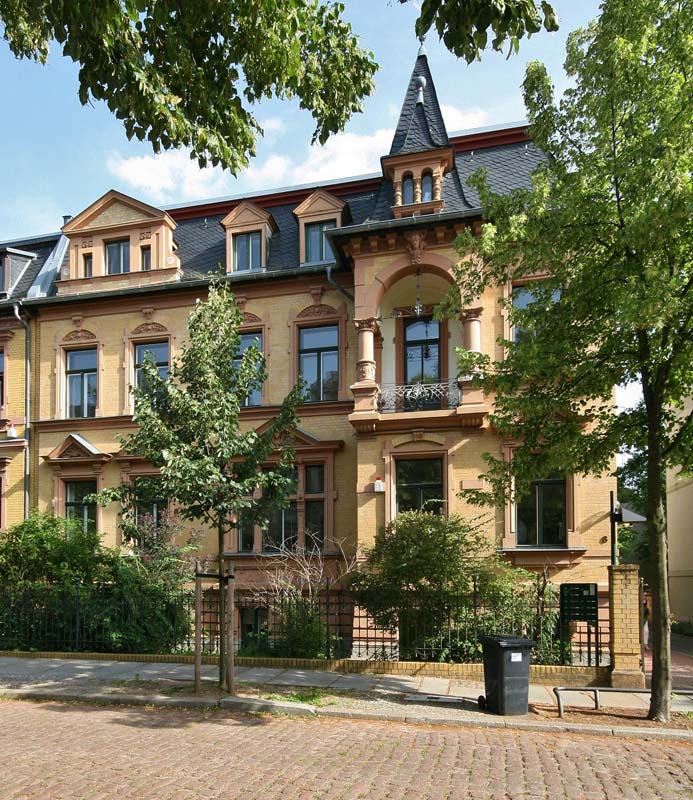Daniele Cantini, PhD

Senior Research Fellow and Academic Coordinator
Research Interests
Anthropology of the Middle East, higher education and doctoral studies, institutions, Islam and subjectivity, social orders and travelling models, youth, political and social anthropology, migration.
Current research projects
SCHO.MO.RES. Scholarly Mobility, knowledge production and Research capacity building
The project explores the relationship between research training, scholarly mobility, career paths and social science knowledge production in the Arab region, concentrating on Beirut as one of its main hubs, and on recent developments in the local provision of postgraduate training. The main research question is to examine the role of recently established local programs and institutions offering postgraduate training and research grants in altering the conditions of doing research as well as career paths in social sciences both in Lebanon and throughout the region, in contrast with an earlier, and still predominant, mode of graduate education abroad, mostly in the ‘global north’. Combining biographical 'tracer' studies of individual academics with institutional ethnographies, the project develops comparative insights into research career pathways and the practice of social science in the Middle East.
This analysis has the aim of discussing not only the effects of mobility on the knowledge being produced – issues currently discussed inside the academia, the contents of legitimate PhD theses and appropriate topics of research for young scholars – but also to the institutional context within which it is produced. From a theoretical point of view, the project makes a major advancement by proposing a new way of understanding knowledge as being intertwined with movement, co-constituted through it.
Anthropology in the MENA region – institutional developments, key figures and research topics
This workshop and publication project is funded by the Volkswagen Foundation, and will take place in April 2023.
Overall goal of the project is to examine the development of anthropology as a discipline in Arab-speaking countries the MENA region, in the Maghreb, Mashreq and the Gulf. There is a growing interest in the topic of the local development of anthropology as a discipline, or the conditions of insertion of anthropology within local research landscapes, also given the impact of Arab postcolonial discourse oriented towards the establishment of indigenous Arab anthropology, as well as other social sciences. Whereas there are some publications on social sciences in the region or studies on selected disciplines in some countries, the institutional development of anthropology, its insertion into transregional contexts, and the material difficulties of conducting research in some countries, are still largely understudied topics. This workshop and book project contribute to this emerging field of analysis, and do so in a collaborative way.
EGYCLASS - A Network on Social Classes in Egypt
EGYCLASS is an International Research Network that aims at providing a comprehensive analysis of social classes in Egypt. While this country has gone into disruptive political and economic transformations since the 2011 Revolution, little is known about the social impacts of these transformations. A systematic and multi-dimensional study is needed to understand how the social morphology is quickly changing.
Building on existing links and scientific exchanges between leading researchers in sociology, anthropology, political science, history and economics, the network associates 6 institutions: CEDEJ (France), the Department of Sociology and Anthropology of the American University in Cairo (Egypt), the Orient Institute Beirut (OIB, Germany), the Society and Culture in Motion research cluster (SCM, University of Halle-Wittenberg, Germany), the Centre for Anthropological Research on Affect and Materiality (CARAM, Ghent University, Belgium) and the Department of Social Anthropology of Oslo University (Norway). It also associates more than 60 individual researchers, from different backgrounds and generations.
Research areas
Egypt, Germany, Italy Jordan, Libanon, Syria





